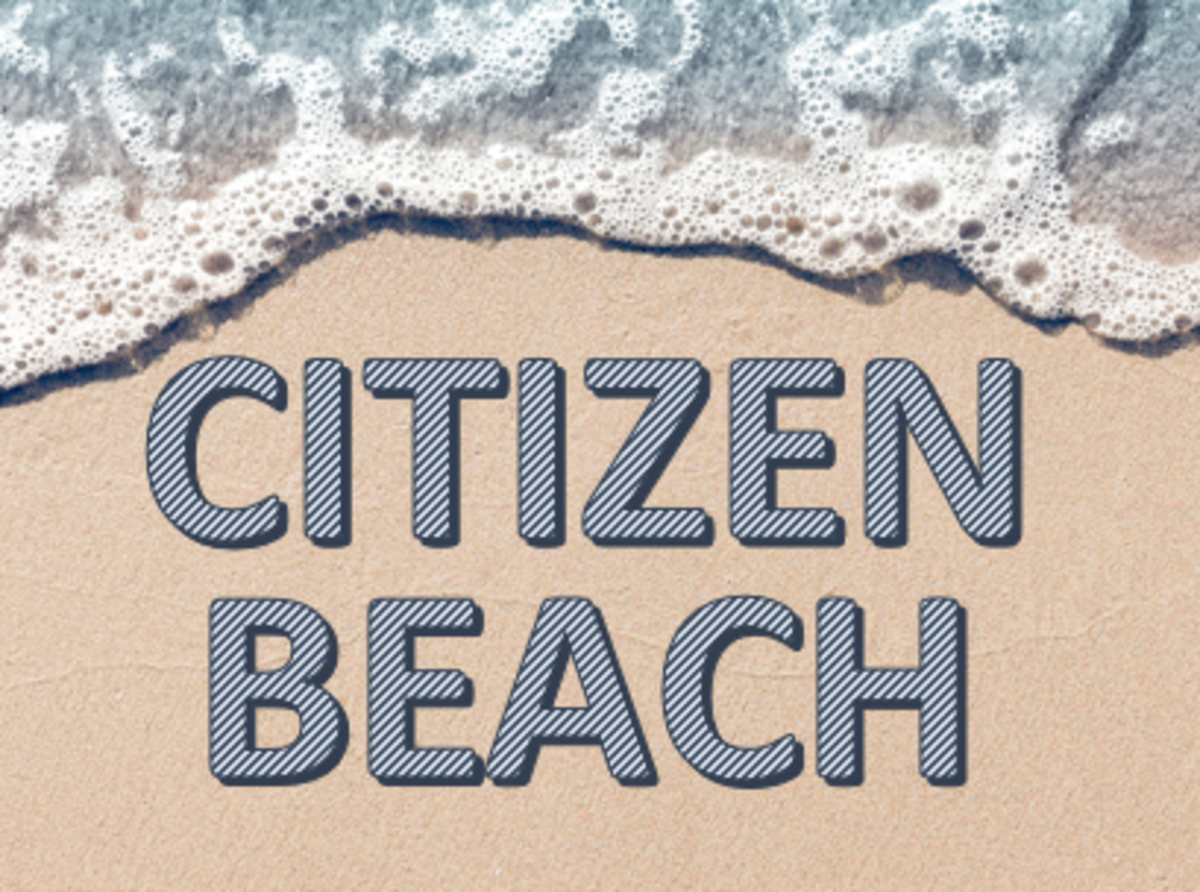The administrative staffs of our three cities—St. Pete Beach, Treasure Island, and Madeira Beach—manage the day-to-day functions of our city governments. The tension that's playing out at the national level—between an unelected bureaucracy, sometimes called the "permanent state," and the people elected by popular vote—is similarly evident here at the local level.
It's actually a tension that has existed almost forever. For my readers, I'll ask for forbearance here since I'm making some use of that master's degree in political science I earned long ago.
The City Manager as “Philosopher King”
Philosophically, the idea of a permanent state is rooted in Plato’s idea of the “philosopher-king” and later Enlightenment-era rationalism, which emphasized reason, expertise, and the ability of the most knowledgeable to govern wisely.
Way back in 380 BC, Plato argued in The Republic that governance should be entrusted to those with superior wisdom rather than the whims of the masses. In essence, this philosophy holds that not all decisions should be left to the popular vote or elected officials, as long-term, complex policy issues require technical knowledge, stability, and insulation from political pressures. However, this also assumes that bureaucracies act in the public interest rather than accumulating power for their own sake.
In contrast, other writers see government as a contract with the people, where legitimacy comes from elections and direct accountability. Bureaucratic power is inherently suspect because it can subvert democratic choices and create a self-perpetuating elite that governs without voter approval or oversight.
In the late 1600s, John Locke argued that government derives legitimacy from the consent of the governed, meaning the people must always have the final say over those who make and enforce laws.
About 100 years later, the French philosopher Jean-Jacques Rousseau warned that bureaucracies and elites could become detached from the general will, creating a ruling class unaccountable to the people.
Closer to home, James Madison, in The Federalist Papers, feared that unchecked government agencies could become a permanent, self-sustaining power structure, resistant to democratic control. And, in 1801, Thomas Jefferson argued that frequent elections and direct public engagement were necessary to prevent government from becoming detached from the people’s will.
Finally, during the mid-20th century, Friedrich Hayek and Milton Friedman warned that bureaucratic power could lead to authoritarian control under the guise of expertise, limiting individual freedom.
In my view, the legitimacy of government fundamentally stems from the consent of the governed, as John Locke argued, asserting that the people must have the final say over those who make and enforce laws. And I deeply resonate with Thomas Jefferson's view that direct public engagement is essential to keep government aligned with the people's will.
For more on this topic, see my article, Elected or Entrenched? The Power Struggle in Our Cities.

